CSR
Livelihood
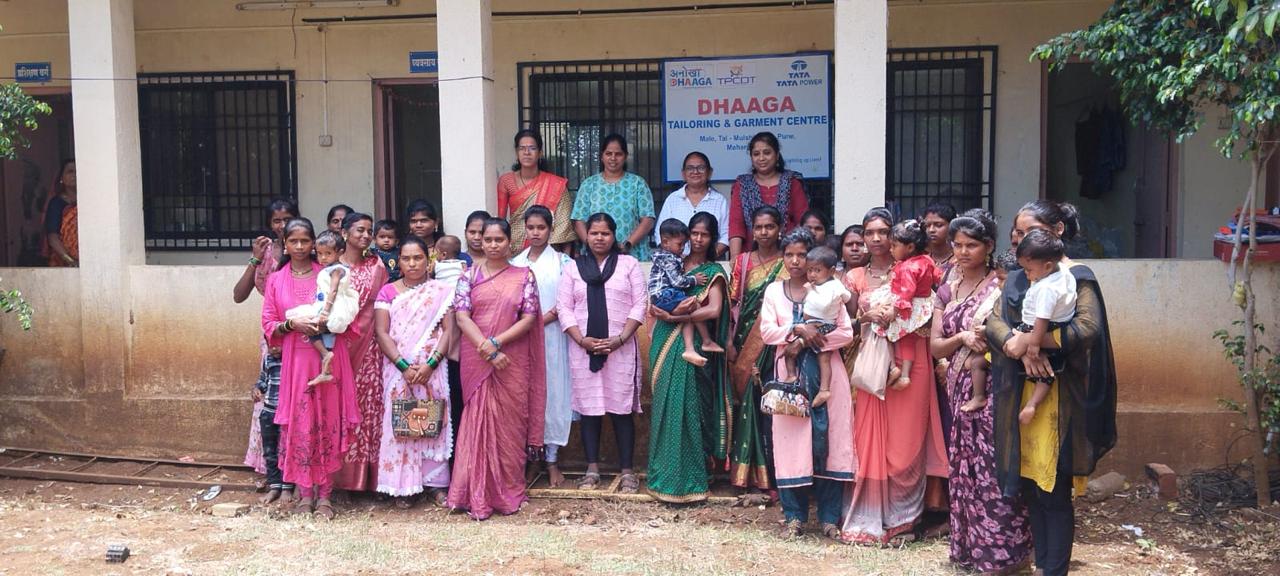
September 2, 2025
For the Katkari community in Mulshi taluka, among India’s Particularly Vulnerable Tribal Groups (PVTG), limited livelihood options, low literacy levels, and minimal access to welfare schemes have long led to economic marginalization. Our livelihood program addresses these challenges with structured interventions that open pathways to sustainable income and self-reliance.
Our Goal
To improve household income and strengthen the economic resilience of Katkari families in Mulshi taluka, enabling them to move from cycles of poverty and dependency toward opportunity and self-sustenance.
Our Approach
- Skill and Vocational Training – Youth (18–35 years, men and women) are mobilized and trained in trades such as tailoring, plumbing, and electrical work through accredited institutions.
- Entrepreneurship & Financial Literacy – Focused training for Self-Help Groups (SHGs) and women-led groups to foster entrepreneurial thinking and financial management skills.
- Government Scheme Linkages – Facilitation of access to livelihood grants under the Tribal Department’s Nucleus Budget, along with schemes such as PMEGP, Mudra, MNREGS, and Vishwakarma Yojana. Support is provided for both individual ventures (e.g., goat rearing, fisheries, plumbing toolkits) and group enterprises (e.g., brick kilns, mandap decoration, musical bands).
- SHG Formation & Strengthening – New SHGs are nurtured and existing ones strengthened through capacity-building, banking linkages, and exposure to income-generation opportunities.
- Industry Partnerships – Youth with relevant skills are linked to nearby factories, warehouses, and industrial units for sustained employment.
- Promotion of Local Livelihoods – Traditional trades such as goatery, tailoring, poultry, and fishery are supported based on community interest and local resource potential.
Our Impact
- Growing participation of Katkari youth in skill training and employment with local industries.
- Formation and strengthening of SHGs, many of which have initiated group enterprises through Nucleus Budget support.
- Distribution of toolkits and startup support to individuals pursuing traditional trades.
- Successful linkages to government schemes, expanding access to credit and wage employment.
- Increased awareness of livelihood rights, entitlements, and financial inclusion within the community.
- Active involvement of local governance bodies and convergence with tribal welfare departments, ensuring long-term sustainability.
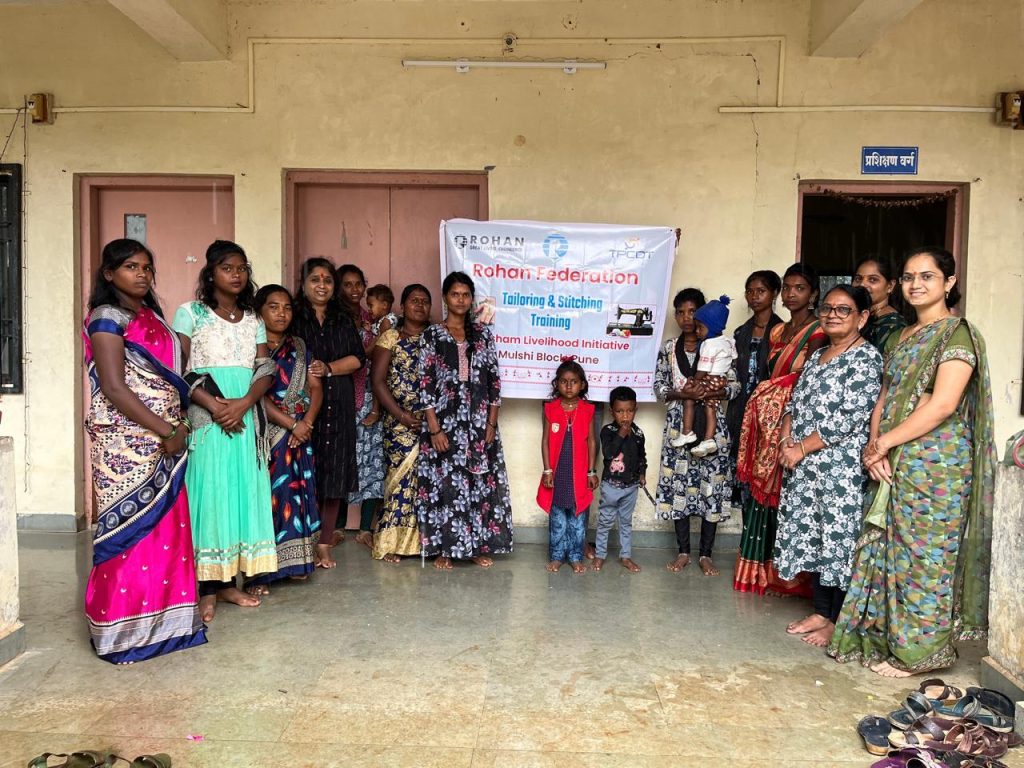
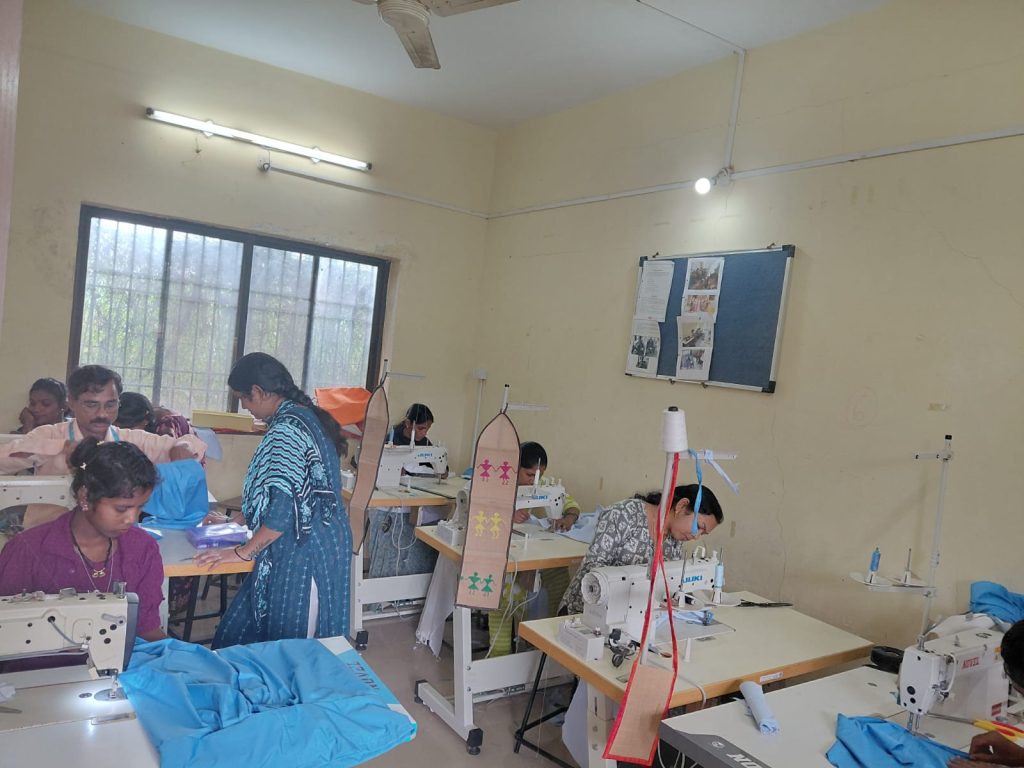
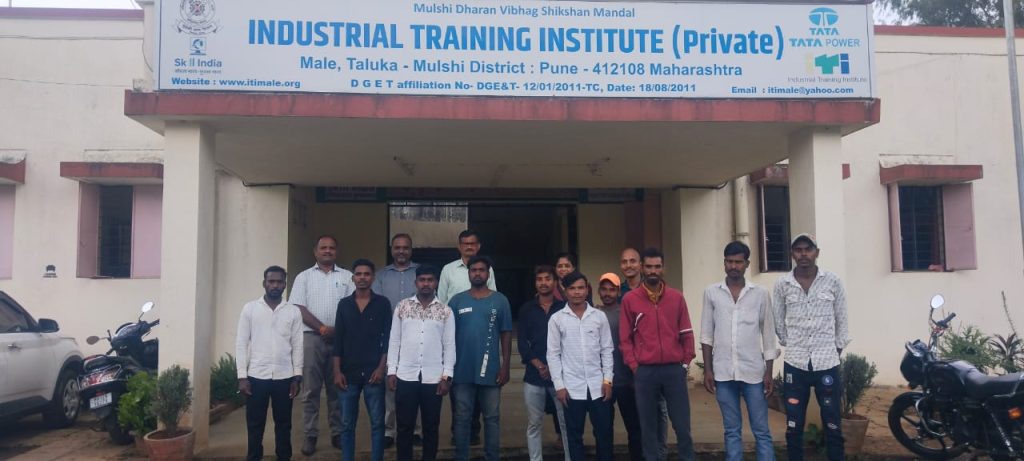
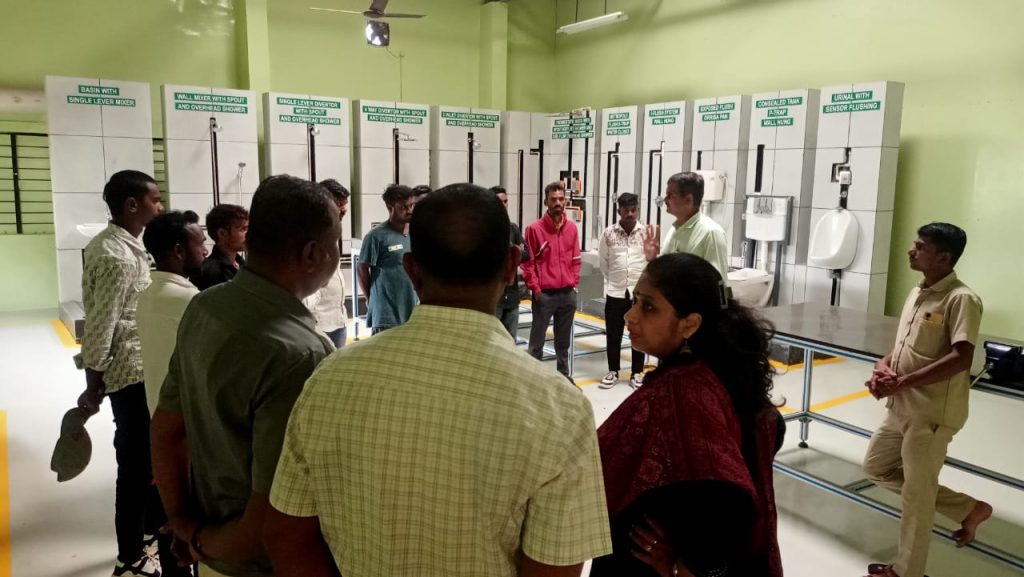
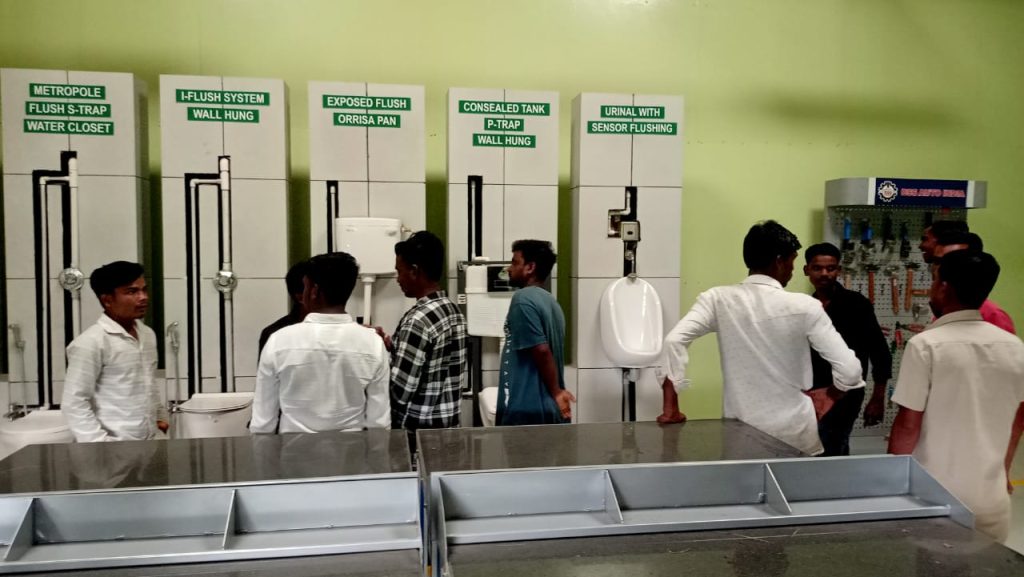
This structured livelihood intervention has laid the foundation for economic self-reliance among the Katkari community—creating pathways for dignified work, sustainable income, and collective prosperity.

 +91
+91 +672
+672 +82
+82